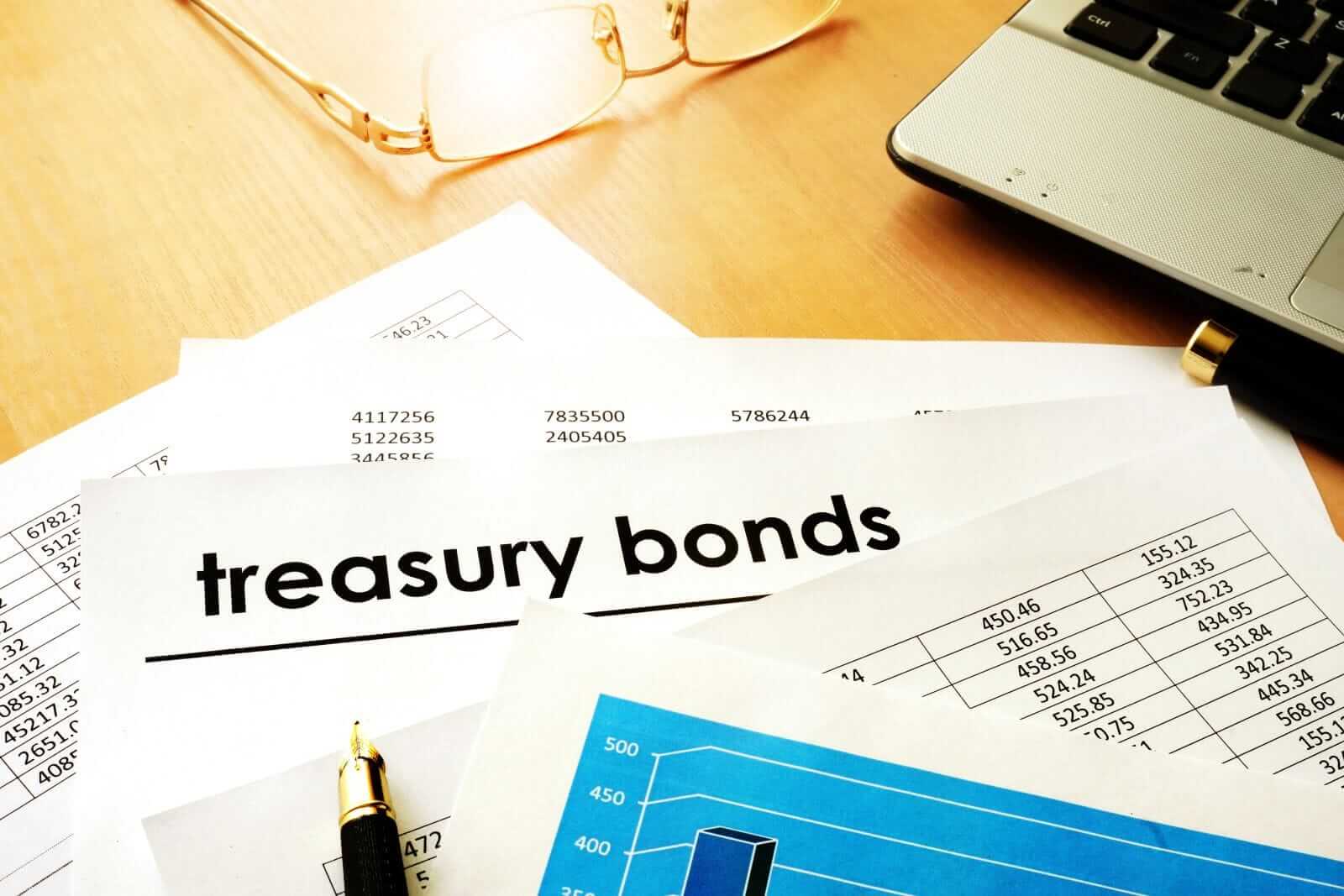Kathleen Elkins
6 min read
-
Real estate investors use leverage to boost returns and build wealth quicker.
-
Leveraged appreciation involves using borrowed money to maximize property investment gains.
-
Avoiding lazy equity by reinvesting can enhance cash flow and accelerate financial growth.
There are a variety of ways to put your money to work — and how you choose to invest depends on factors like your risk tolerance and goals.
Buying real estate comes with its unique challenges and often requires a decent chunk of upfront cash, but has proven to be a wealth-builder for a handful of investors Business Insider has spoken with.
What real estate investors like about owning property is that it opens the door to making money in multiple ways.
"The S&P 500 index has gone up, on average, 11%-12% per year for the last 100 years," James Berkley, who spent much of his career on Wall Street before transitioning to real estate, told Business Insider. "With real estate, you can blow those returns away because there are four ways you can make money."
And one is easy to overlook, four investors say.
Among the many ways to build wealth through real estate investing, leveraged appreciation is "the biggest one," said Berkley, who made enough money from real estate to quit his finance job.
Real estate can appreciate in value like other investments, but a major benefit of financing real estate deals is that you can borrow a lot of money (from a bank or mortgage lender) to buy the asset, but you don't have to share any of the appreciation with your lender.
Berkley gives the example of two different home buyers who are planning on buying a $1 million home, and both have $1 million to spend. Person A wants to buy in all cash, while Person B wants to put 10% down and borrow the other 90%. That means Person A is paying $1 million upfront and borrowing $0, while Person B is paying $100,000 upfront and borrowing $900,000.
If the house goes up 10% in value, it's now worth $1.1 million, meaning Person A has made a 10% return (they put in $1 million and now have $1.1 million). Person B also made $100,000, but since they only put $100,000 down, they made a 100% return.
Person A can only afford to buy one, $1 million home, but Person B can buy 10 $1 million homes and control $10 million worth of property. If those homes all go up 10%, Person B makes $1 million, while Person A has only made $100,000.
"That's the power of using other people's money, and that's how you really get rich," said Berkley. "The bank doesn't require you to share the profit with them, so that's why I always try to lever up as much as possible. But you have to make sure that you have significant cash flow to cover your debt payments, otherwise you get in trouble."













